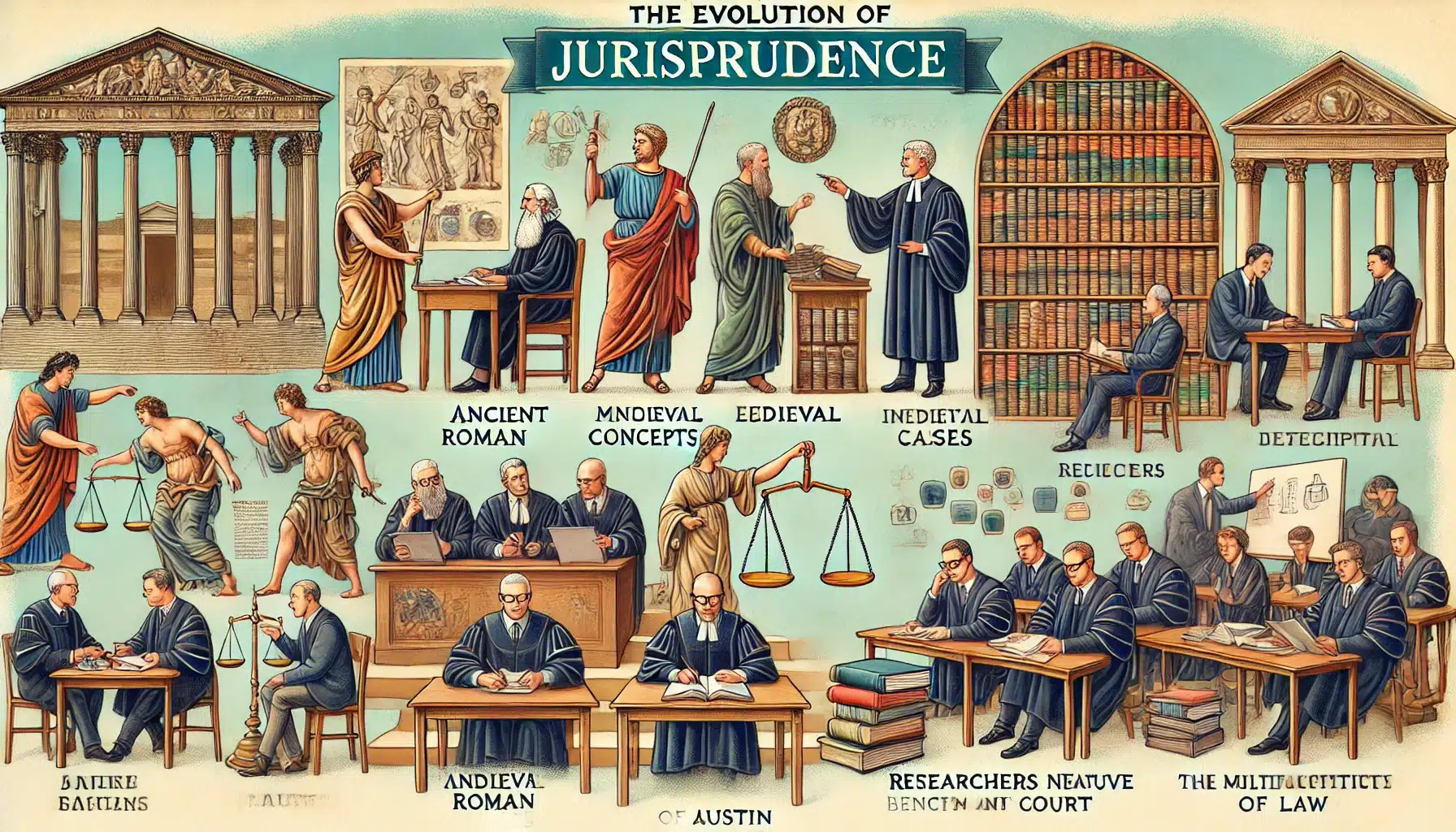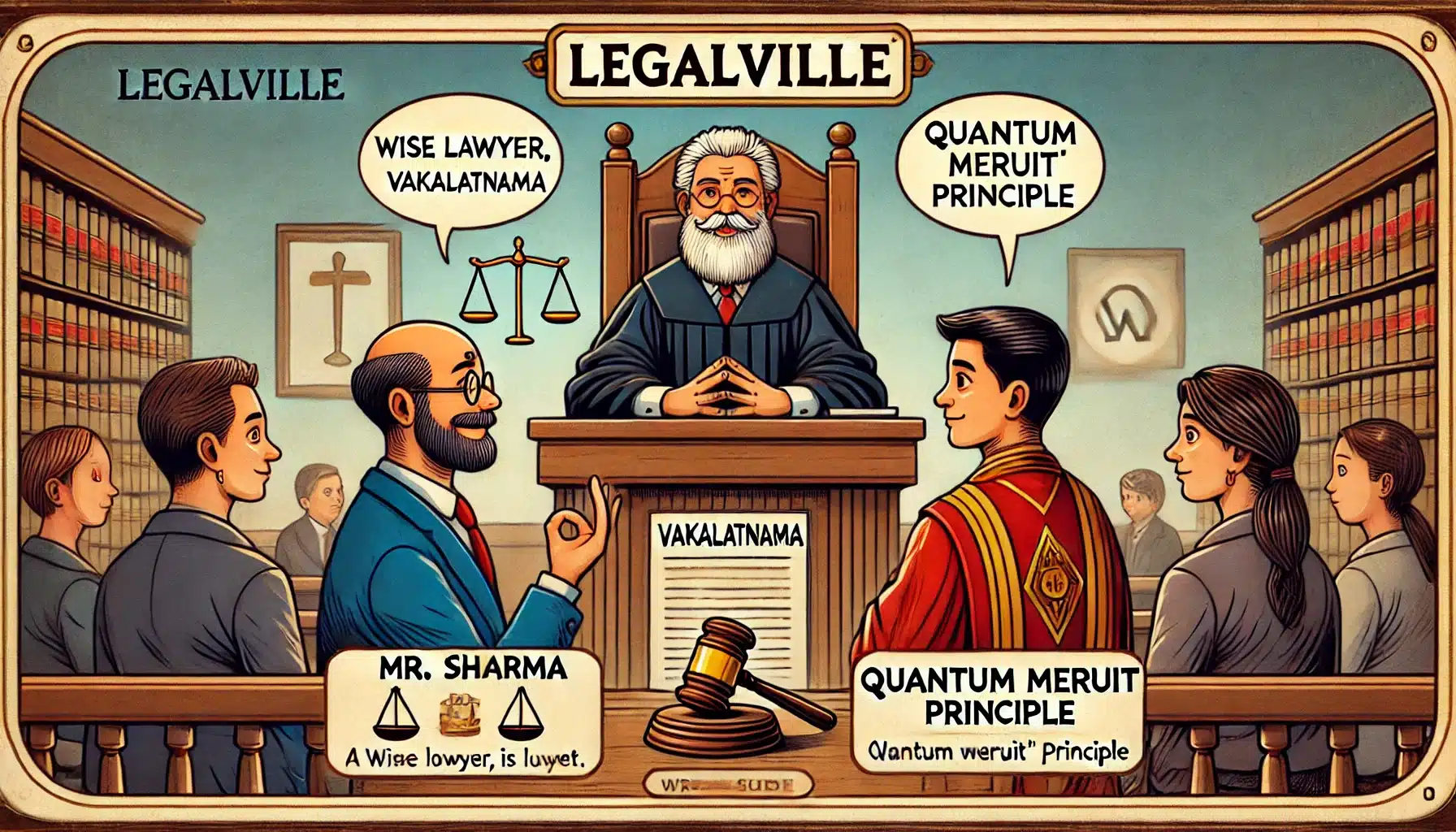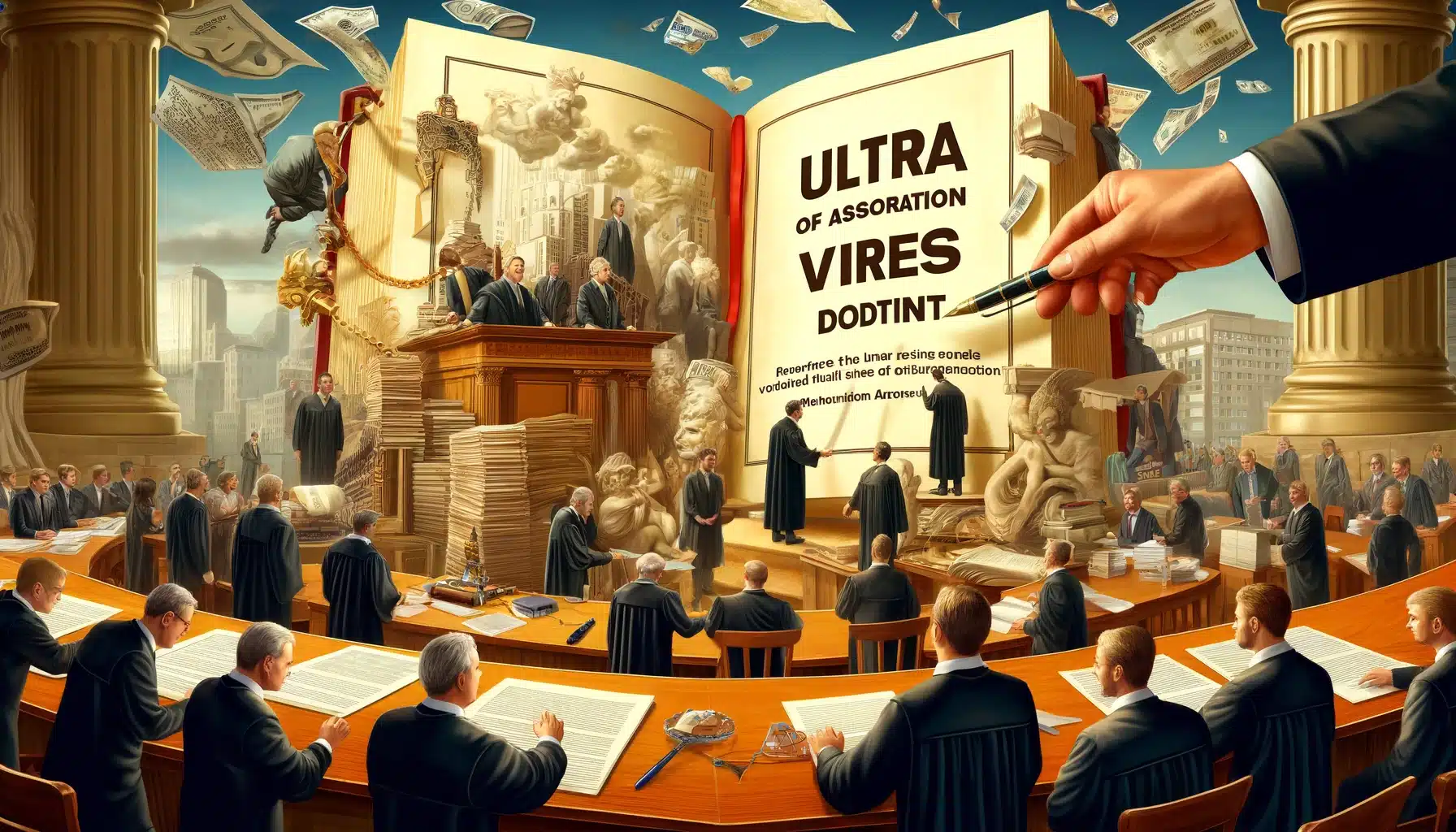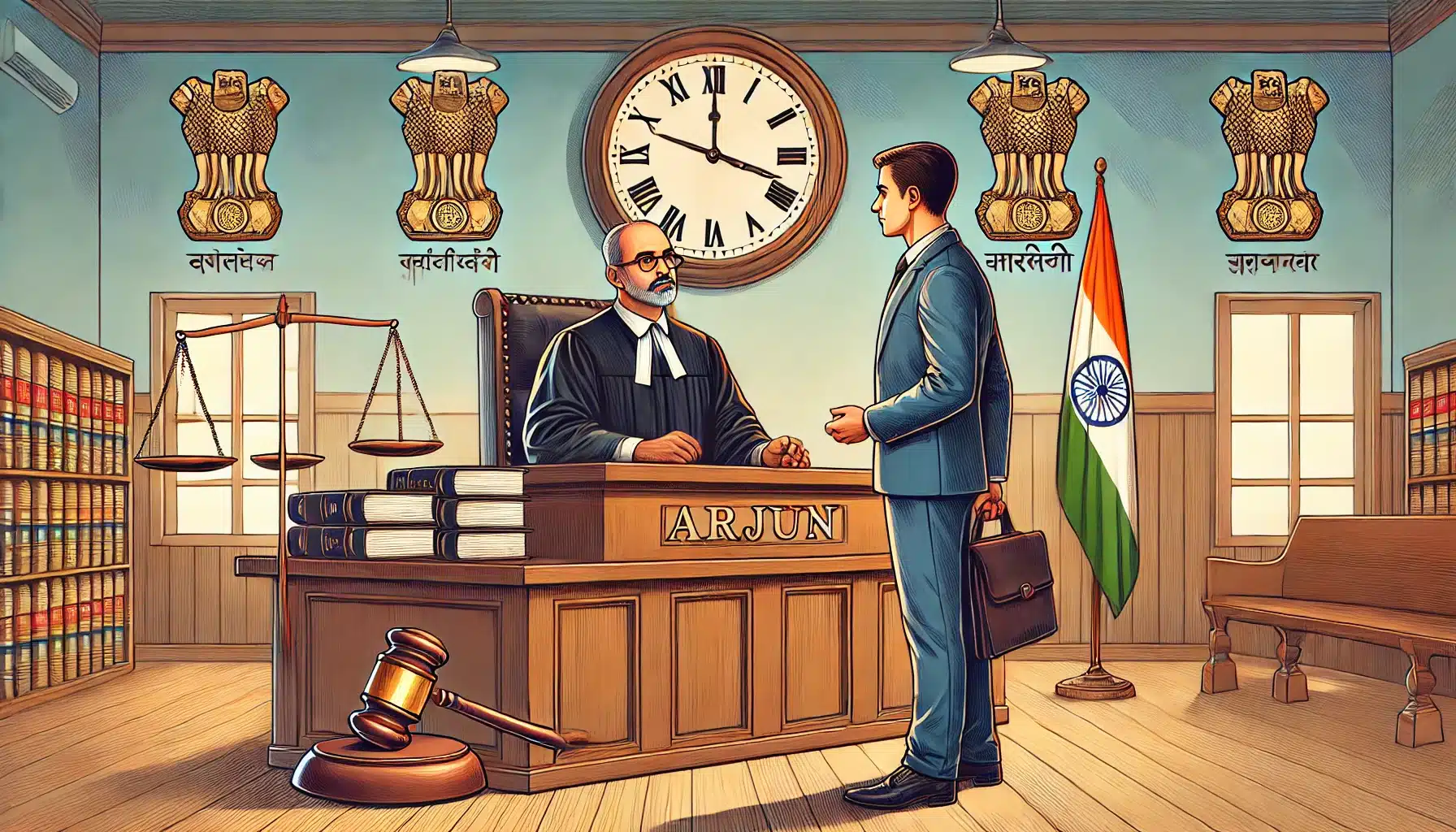
lex-o-pedia
Leon Duguit’s concept of Social Solidarity
Léon Duguit’s concept of social solidarity emphasizes the interdependence of individuals within society, arguing that law should serve the collective needs rather than individual rights. Duguit believed that law derives its legitimacy from its ability to promote social cohesion and fulfill societal

lex-o-pedia
Leon Duguit’s concept of Social Solidarity
Léon Duguit’s concept of social solidarity emphasizes the interdependence of individuals within society, arguing that law should serve the collective needs rather than individual rights. Duguit believed that law derives its legitimacy from its ability to promote social cohesion and fulfill societal

lex-o-pedia
Diplomatic Immunity: Privilege or Peril?
Diplomatic immunity, while essential for maintaining international relations, can pose challenges. Rooted in the Vienna Convention, it grants diplomats protection from legal actions, aiming to prevent arbitrary detentions and harassment. However, this privilege isn’t absolute. Cases like Devyani Kho

lex-o-pedia
Layering of companies and restriction
The Companies (Restriction on Number of Layers) Rules, 2017, restrict Indian companies from creating structures with more than two layers of subsidiaries to prevent misuse and ensure transparency. While these rules aim to curb black money and shell companies, they have been criticized for potentiall

lex-o-pedia
Definition of Jurisprudence
Jurisprudence, derived from the Latin term “jurisprudentia,” means the study or knowledge of law. It encompasses various interpretations and philosophies of legal principles. John Austin defined it as the “philosophy of positive law,” focusing on existing laws, while Thomas Erskine Holland viewed it

lex-o-pedia
Meaning, nature, and scope of Jurisprudence
Jurisprudence is the theoretical study of law, analyzing legal systems, principles, and concepts. Originating from the Latin “jurisprudentia,” meaning “knowledge of the law,” it addresses fundamental questions about the nature, purposes, and relationships of law with morality and society. Rooted in

lex-o-pedia
Foreign Exchange Management Act (FEMA): An overview
The Foreign Exchange Management Act (FEMA), enacted in 1999, replaced the Foreign Exchange Regulation Act (FERA) to streamline and liberalize foreign exchange regulations in India. FEMA facilitates external trade and payments, promoting the orderly development of the foreign exchange market. It gran

lex-o-pedia
They Know Something You Don’t: The UPSI Advantage
Unpublished Price Sensitive Information (UPSI) refers to confidential company information not publicly available but capable of significantly impacting stock prices once revealed. Examples include financial results, dividends, mergers, and key management changes. UPSI must be carefully managed to pr

lex-o-pedia
Doctrine of Survivorship: Special reference to Muslims and Christians
The doctrine of survivorship in Hindu law historically favored male heirs, granting them exclusive rights to inherit ancestral property, while female descendants received nothing. This patriarchal concept was rooted in traditional Hindu law, where coparcenary rights were conferred solely upon male m

lex-o-pedia
H.L.A. Hart and Legal Rule
H.L.A. Hart’s legal rules theory, outlined in The Concept of Law, distinguishes between primary and secondary rules. Primary rules impose duties, while secondary rules provide the structure for recognizing, changing, and adjudicating these primary rules. Hart’s theory emphasizes the importance of a

lex-o-pedia
Charges under Company Law
This article provides a detailed overview of charges in company law as defined by Section 2(16) of the Companies Act 2013. It explains the concept of a charge, which is a lien on a company’s assets to secure debts, and distinguishes between fixed and floating charges. It covers the characteristics,

lex-o-pedia
Implications of Unpaid Counsel Fees
Unpaid counsel fees have significant implications for both legal professionals and clients. For lawyers, financial instability can hinder their ability to manage operational costs, take on new cases, and provide high-quality legal services. Clients may face disruptions in legal proceedings and strai

lex-o-pedia
Sessions of the Indian Parliament
The Indian Parliament, a cornerstone of democracy, convenes in three sessions annually: the Budget Session, Monsoon Session, and Winter Session. These sessions, held at Sansad Bhavan, facilitate legislative business, debates, and discussions on national issues. The President of India calls each sess

lex-o-pedia
Change of counsel during legal proceeding in a civil suit
In civil suits, a party may change their counsel upon filing a written application to the court, notifying all parties involved. The court may grant such a change after considering the reasons provided and ensuring no undue delay or prejudice to the proceedings. The new counsel must file an appearan

lex-o-pedia
Wagering Agreements
Wagering agreements involve parties betting on uncertain events, risking money based on predictions. Defined by Black’s Law Dictionary as risking money on an unpredictable outcome, these agreements hinge on mutual chances of gain or loss. In India, Section 30 of the Indian Contract Act, 1872, declar

lex-o-pedia
Time as the essence of the Contract
“Time as the essence” in contract law underscores the importance of adhering to agreed-upon deadlines. If a party fails to perform within the specified timeframe, it may result in contract breaches, loss of rights, or termination. Various sections of the Indian Contract Act, 1872, highlight scenario

lex-o-pedia
The Restricted Quantum of Freedom of Speech and Expression
Freedom of Speech and Expression under Article 19(1)(a) is a fundamental right, considered essential for liberty and the exercise of all other rights. However, Article 19(2) imposes reasonable restrictions to safeguard the sovereignty and integrity of India, security of the State, public order, dece

lex-o-pedia
Quasi- Contracts
A quasi-contract is a legal concept where the law imposes duties on a party to prevent unjust enrichment, even in the absence of a formal contract. It arises from voluntary actions leading to obligations akin to those in a contract, ensuring fairness and restitution. Courts can impose quasi-contract

lex-o-pedia
Doctrine of Ultra Vires (Company Law)
The doctrine of ultra vires, a key principle of corporate law, delineates the boundaries of a company’s powers. This article comprehensively explores this complex legal concept, tracing its historical evolution and analyzing its contemporary relevance. By examining landmark cases and legislative dev

lex-o-pedia
Contingent contracts in Indian Contract Act, 1872
Contingent contracts, defined under Chapter III of the Indian Contract Act, 1872, depend on the occurrence or non-occurrence of a future uncertain event. Key elements include the event’s uncertainty, lack of promisor control, and the presence of a collateral event. Enforceability is outlined in Sect

lex-o-pedia
Specific Performance of the Contract
Specific performance is a court-ordered remedy enforcing contract fulfillment. Unlike monetary damages, it compels the defaulting party to perform their obligations. This article delves into the conditions for obtaining specific performance, including the contract’s validity, the adequacy of damages

lex-o-pedia
Condonation of Delay under the Limitation Act, 1963
This article delves into the concept of condonation of delay under the Limitation Act. It explains how courts can overlook delays in filing cases under specific circumstances. The article discusses the legal provisions, key factors considered by courts, and real-world examples. It highlights the bal

lex-o-pedia
Remoteness of Damage under Tort Law
The article explores the legal concept of remoteness of damage in tort law. It examines how courts determine the extent to which a wrongdoer is liable for the consequences of their actions. By tracing the historical development from proximate cause to the modern emphasis on foreseeability, the artic

lex-o-pedia
Offer and Invitation to Offer
An offer and an invitation to offer are crucial in contract formation. An offer is a definitive proposal made by one party to another, indicating readiness to form a binding contract upon acceptance. Conversely, an invitation to offer invites negotiations, allowing the other party to make their own

lex-o-pedia
Rescission of Contracts
Rescission is a contract law remedy allowing parties to nullify an agreement when its foundation is compromised, often due to fraud, coercion, mistake, or inadequate consideration. This remedy treats the contract as if it never existed, freeing parties from their obligations and restoring them to th

lex-o-pedia
Preamble of the Indian Constitution
A preamble is an introductory statement in a document that outlines the reasons and intent behind its creation. It sets the stage for the text that follows, providing context and purpose. In legal documents, such as constitutions, the preamble often highlights the fundamental values and goals, servi

